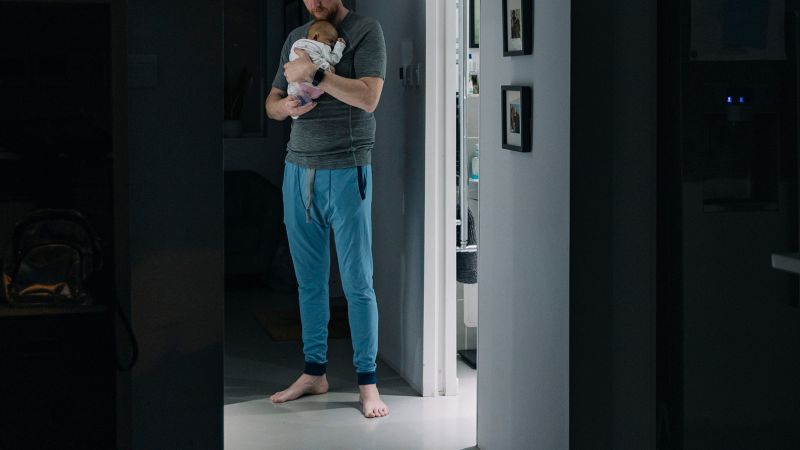[ad_1]
There has been an expansion of local urgent behavioral health care services in the Worcester County communities of Ashburnham, Gardner, Hubbardston, Templeton, Westminster and Winchendon.
Nonprofit community behavioral health agency Clinical & Support Options was awarded the designation of Community Behavioral Health Center by the state for the communities it covers, expanding the services it offers effective Jan. 3.
CSO will serve adults, youth, and families [even those without insurance or ability to pay] providing crisis, urgent, and ongoing access to outpatient and inpatient behavioral health services for mental health conditions and substance use disorders. Services include same-day evaluation and treatment, evening and weekend hours, behavioral health urgent care, evidence-based clinical treatment, peer support and groups, medication management, 24/7 community-based crisis intervention, mobile crisis teams, and crisis stabilization beds. There will also be improved integration with psychopharmacology, nursing, and primary care.
Services will be available through telehealth, in-person at their Gardner location, and in the wider community.
“We made the case to state officials that [these communities] would be best served by having a more local provider,” explained CSO President and CEO Karin Jeffers. “We’re eager to grow our clinic in Gardner and serve more people in the North County region. Having a local CBHC … will help eliminate barriers of access and ensure a rapid response to people in need.”
They already have the infrastructure in place to scale up. CSO has successfully operated an “open access” clinical model with “a broad range of holistic, wraparound supports” for years, Jeffers said. The agency provides itself on “flexible, person-centered, mental health and addiction treatment services.”
The biggest change is becoming the community-based provider for Mobile Crisis Intervention.
“Previously, this service was known as the Emergency Services Program. When an individual was in mental health crisis, local police, public schools, local families and others would call an ESP. Now, CSO is that provider to call… and we will offer our MCI services directly from within our Gardner CBHC,” said Geoffrey Oldmixon, associate vice president of Marketing and Development at CSO.
The agency started in 1954 and was incorporated a year later as the Franklin County Mental Health Association, begun by 22 local residents concerned about providing for the mental health of families in their area. It became CSO in 1995 and has been growing across Central and Western Massachusetts ever since. It serves over 19,000 clients in 19 locations and employs over 700 multi-disciplinary staff. The Gardner office has been open since 2016.
As a CBHC, CSO is required to offer integrated mental health and addiction treatments to all ages, serving diverse demographics with multiple cultures, languages, and disabilities.
Jennifer LaRoche, CSO’s vice president of Acute and Day Programs, said that the new CBHC designation, “Will reinforce community ties already established.”
The agency works closely with local police departments, hospitals, schools, and other community partners “to assure our role as the designated community provider is one that is consistently reliable and provides quality, evidence-based, trauma-informed care.” She said being the official behavioral health provider for the area “will only help to further fuse those relationships.“
Although anyone with any kind of private or public insurance can avail themselves of the services it provides, CSO serves as an entry point to MassHealth’s mental health care services. Patients can be referred to other MassHealth offerings like intensive outpatient and partial hospitalization programs, or longer-term inpatient facilities.
Those with other [or no] insurance can also be referred to additional behavioral health services and resources that work for their circumstances.
The National Alliance on Mental Illness, estimates that one in five people are challenged by mental illness, and yet only about 46% receive treatment, according to Oldmixon.
The Baker-Polito Administration’s “Roadmap for Behavioral Health Reform”, via the Executive Office of Health and Human Services, has created 25 different CBHCs across the Commonwealth, all taking effect with the new year. Only regional providers who met a strict threshold of qualifications were selected from many applicants.
Jeffers said the “Roadmap” gives “better funding” and is a “better investment” from the state than previous state-sponsored behavioral health programs, and establishes parity between physical and behavioral health care.
She added that this includes adjustments to payments for behavioral health providers, which are “facing a critical shortage of licensed providers.” Jeffers said that “It’s critical that this field be able to attract and retain new talent with the promise of salaries that are competitive with those of other vocations”, especially in the community health setting.
Oldmixon said that in addition to the CBHC payment model, CSO offers services and a bridge to other providers funded by different state and federal grants.
“Everyone deserves quality care,” Oldmixon said.
For more information on CSO and the agency’s services, visit csoinc.org.
[ad_2]
Source link




